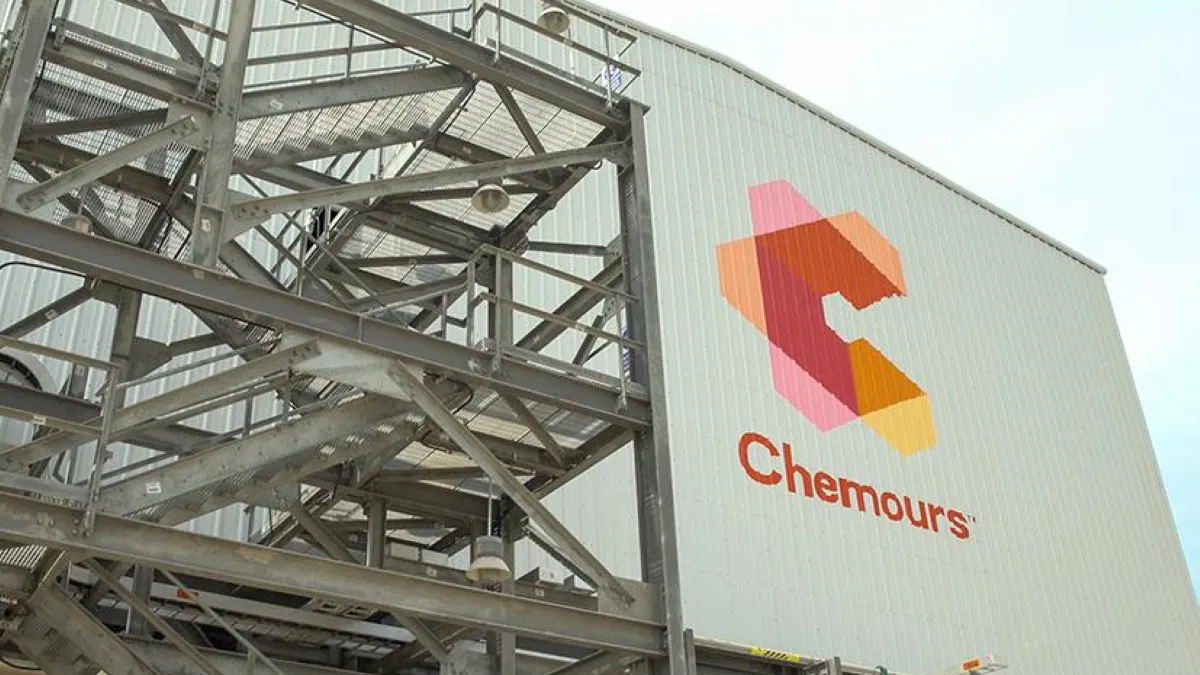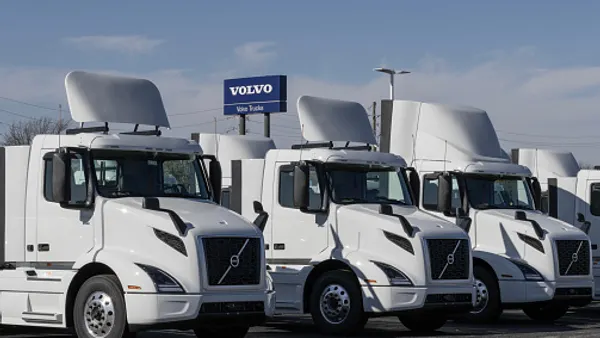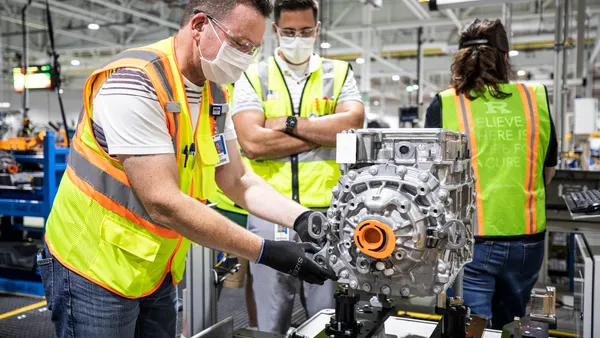The Chemours Co. and Energy Fuels are partnering to strengthen U.S. critical and rare earth mineral production, according to a March 18 press release from the chemical maker.
The alliance will explore “complementary opportunities” between Chemours’ Titanium Technologies business — which produces titanium dioxide — and Energy Fuels’ rare earth oxide capabilities to meet increasing demand for critical minerals in the U.S., a Chemours spokesperson told Supply Chain Dive.
“Given Chemours’ titanium ore consumption for producing Ti-Pure™ – and as the only domestic producer of titanium and zirconium minerals – and considering Energy Fuels’ needs for the rare earth feedstock, monazite, a low-cost by-product of minerals sand processing, we believe collaboration on these projects makes sense,” they said.
Chemours currently mines and separates heavy mineral sands from its mines in Florida and Georgia, per the release.
Meanwhile, Colorado-based Energy Fuels owns and operates conventional and in-situ recovery uranium projects in the western U.S., according to a company press release. Energy Fuels also owns a uranium processing facility in Utah and has heavy mineral sands projects in development in Madagascar, Brazil and Australia.
The two companies have collaborated in the past, including an offtake agreement for Chemours’ monazite sand ore, which Energy Fuels processes at its White Mesa Mill in Utah, the spokesperson said.
The International Energy Agency has been pushing producers to prioritize mineral supply chains to avoid supply shortfalls, per its 2024 Global Critical Minerals Outlook. According to the report, China remains the dominant player in the critical minerals supply chain despite efforts to shore up U.S. production.
However, several companies are targeting U.S. investments, including Exxon Mobil, which is developing a lithium drilling and processing site in Arkansas, starting production in 2027.
President Donald Trump is also prioritizing domestic sourcing and manufacturing efforts, building on the previous administration’s efforts to fund and build mineral processing sites to strengthen U.S. supply chains.
In March, Trump signed an executive order to advance the domestic production of critical minerals, including lithium and cobalt, which are used in semiconductor wafers and electric vehicle batteries. Per the executive order, federal agencies must also determine lands and projects that can be immediately approved to support critical mineral infrastructure.
Correction: The image caption was updated to clarify the building location.














